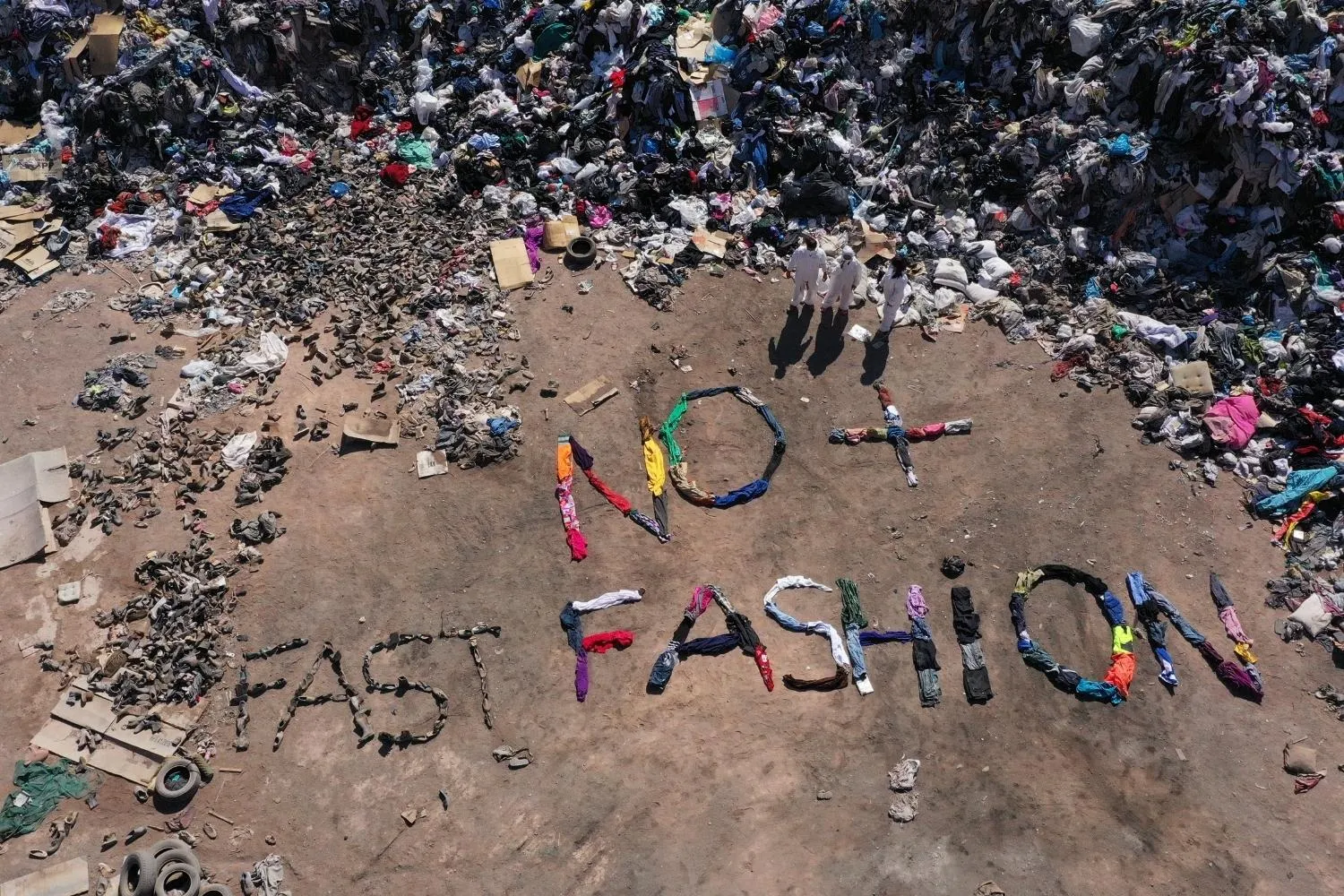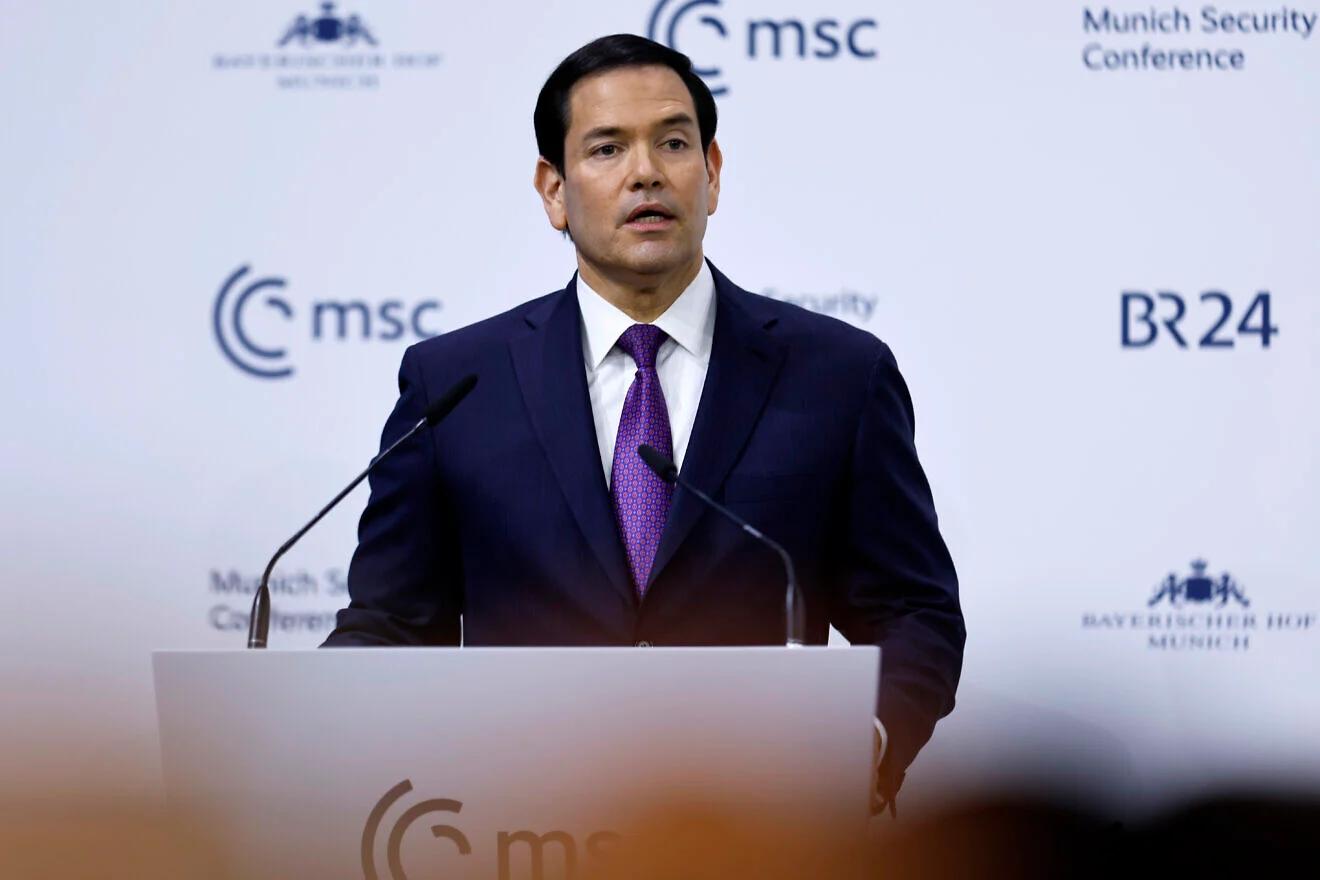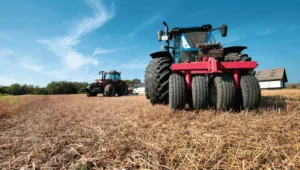Key Impact Points:
- The California Air Resources Board (CARB) will allow companies additional time to collect and report greenhouse gas (GHG) emissions data under its enforcement discretion for the first reporting cycle in 2026.
- Entities must demonstrate good faith efforts to comply with Senate Bill 253’s requirements for reporting scope 1 and 2 emissions.
- CARB’s grace period helps companies prepare their emissions reporting infrastructure but emphasizes the urgency of comprehensive compliance.
CARB’s Grace Period Explained
The California Air Resources Board (CARB) has issued an Enforcement Notice under the Climate Corporate Data Accountability Act (SB 253). This law mandates annual public disclosures of scope 1, 2, and 3 greenhouse gas emissions by U.S.-organized companies operating in California with annual revenues exceeding $1 billion.
Scope 1 and 2 emissions reporting will begin in 2026, with scope 3 reporting following in 2027. CARB recognizes that many companies need time to implement data collection processes. As a result, it will exercise enforcement discretion by allowing companies to report prior fiscal year data for their 2026 submission, provided it is based on information already collected or in the process of being gathered as of December 5, 2024.
Change the World - Subscribe Now
Enforcement Discretion for Good Faith Efforts
CARB clarified that companies demonstrating good faith efforts to comply will not face enforcement action for incomplete reporting in the first cycle. Entities are encouraged to retain all relevant data from their prior fiscal year to meet the law’s requirements.
Maura Hodge, KPMG US Sustainability Leader, emphasized:
“CARB’s grace period provides companies with valuable time to build their emissions reporting infrastructure, but don’t mistake this pit stop for a green light to idle. The transitional period reflects a practical approach to implementation, yet the underlying mandate is clear: comprehensive emissions reporting is becoming a critical business requirement. Organizations should use this runway to get their emissions data house in order. The climate disclosure train has already left the station—the only question is whether you will be in first class or playing catch-up when enforcement ramps up.”
Compressed Timeline Creates Challenges
Initially, CARB was required to adopt implementing regulations by January 1, 2025, but the timeline was extended to July 1, 2025, under SB 219. This leaves companies with limited time to address regulatory requirements before the first compliance cycle in 2026.
CARB’s grace period is designed to alleviate some of this pressure, granting businesses an opportunity to refine their reporting systems. Further guidance on subsequent reporting cycles will be outlined during CARB’s rulemaking process.
This transitional approach reflects CARB’s commitment to balancing compliance rigor with practical implementation, providing companies a crucial runway to adapt without delaying the push for transparent emissions reporting.

 Follow SDG News on LinkedIn
Follow SDG News on LinkedIn











